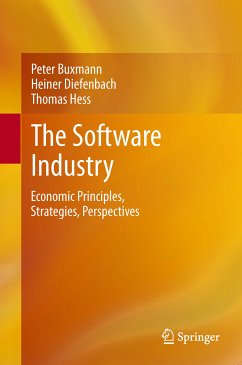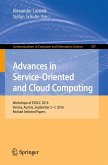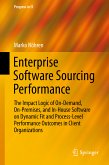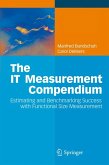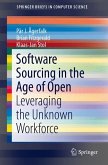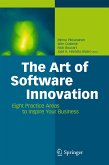Dieser Download kann aus rechtlichen Gründen nur mit Rechnungsadresse in A, B, BG, CY, CZ, D, DK, EW, E, FIN, F, GR, HR, H, IRL, I, LT, L, LR, M, NL, PL, P, R, S, SLO, SK ausgeliefert werden.
"Software has become a commodity that can face competition, be quality tested and certified, and support user-centered services on demand. This book describes these aspects, the challenges the industry has faced, and the way the industry has responded to user demands. ... A good reference on the software industry, this book will be appreciated by practitioners, academics, researchers, students, and programmers." (Harekrishna Misra, Computing Reviews, July, 2013)

